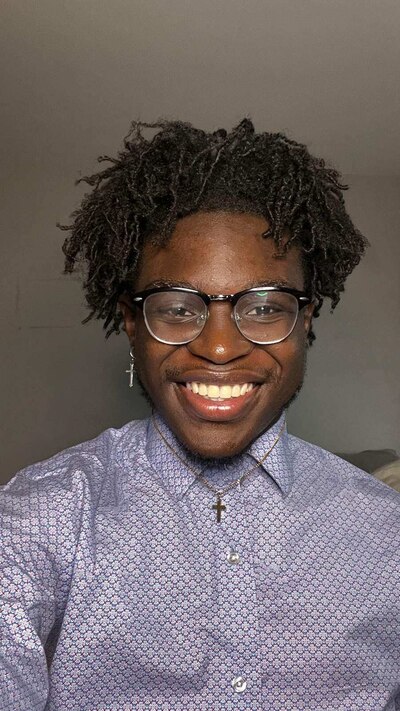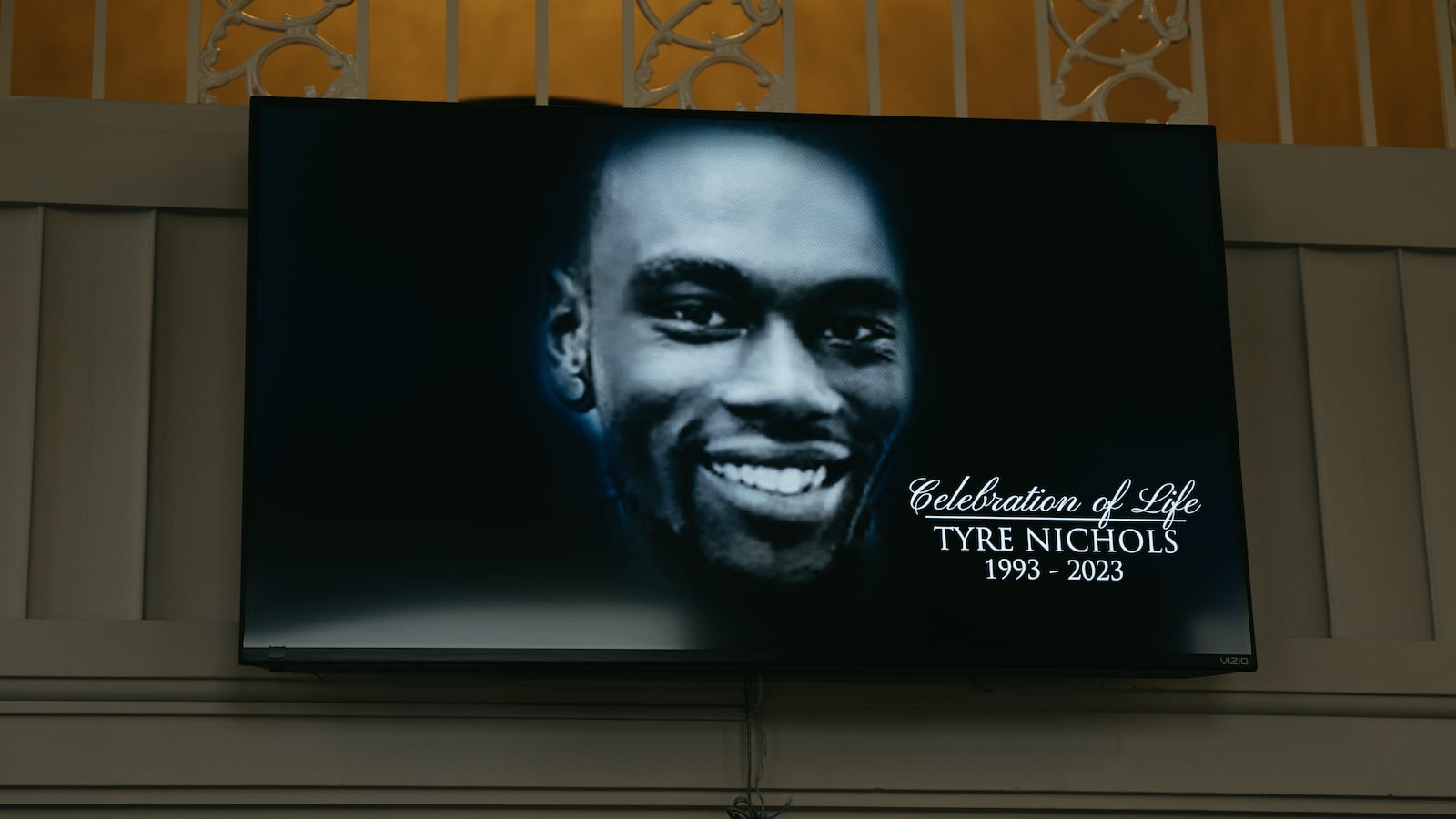When I first heard Tyre Nichols’ name circling around social media, I figured it was another classic case of a white police officer racially profiling a Black man. I avoided looking into his case for a couple of days, with feelings of dejà vu plaguing my soul. Why read about yet another promising Black man slain by the system?

Then a couple of days later, I was casually scrolling through my Instagram, looking for a distraction from the homework I should have been doing. I usually speed-run through these stories, unless something catches my eye. And so, as I was tapping away, I saw a story reel with the words “five Black police officers” followed by a video: 13 minutes of the cops brutally beating and tasing Nichols during a traffic stop.
I decided to tap back and watch the reel, which talked about Tyre’s killers. I couldn’t watch the whole thing — not because of the graphic content (I am desensitized by now) — but because of my shock in learning it was five officers that looked just like me and Tyre.
After confirming this from three other sources, I felt … different. This was not the cold, hurting feeling evoked from seeing Derek Chauvin forcing his knee into George Floyd’s neck, or watching the very similar bludgeoning of Rodney King.
This time around, my blood boiled in not just anger but betrayal. The actions committed by these officers didn’t just amount to police brutality. This was a case of intra-community violence that feeds into the same harmful ideas we in Black community wish to dispel. As a Black man in this society, I am forced to recognize that there is a target on my back, but the fight for equality becomes even harder if I have to worry about my own brothers and sisters potentially targeting me as well.
I’m 18 now, and a senior at Brooklyn Latin. As I transition into my adulthood, I want to pursue a career that allows me to be an advocate for social change and the empowerment of people of color and marginalized communities. These officers were in positions of power. As Black people, we must use our power to uplift our community, not tear it down. Someone who goes into policing should feel that they have just as much opportunity to uplift their community as someone who becomes a defense attorney. Maybe more.
As the world awaits the fate of those officers, who were fired, arrested, and have pleaded not guilty to felony charges, I sympathize and mourn with the family of Tyre Nichols. He was a devoted father to a young son and a loving son to RowVaugn and Rodney Wells. He was also an up-and-coming photographer and a skateboard enthusiast.
All I can hope for is for this to be a lesson for everyone. Tyre Nichols’ life was taken, but it shouldn’t be in vain. We all need to do better. Black people in positions of power must heed the ethical imperative to uplift and support Black people and communities.
Enoch Naklen is a senior at The Brooklyn Latin School and is a 2022-23 Chalkbeat Student Voices Fellow. He encourages young adults to have challenging conversations.
A version of this piece first appeared in Youth Communication.


